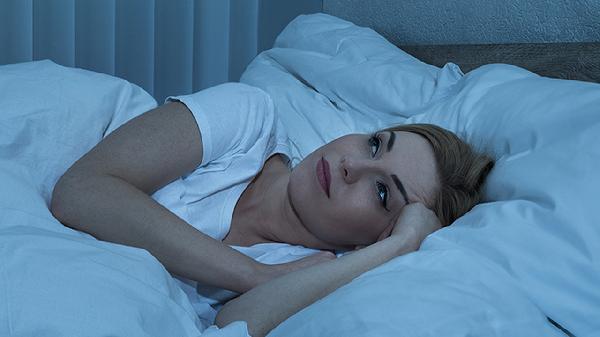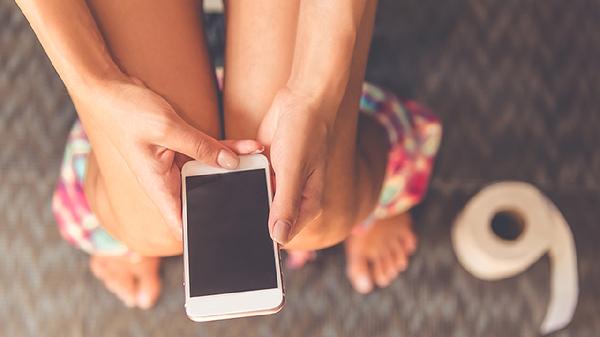Breaking free from the endless scroll-to-sleep cycle isn’t just about willpower—it’s about rewiring habits that have become as automatic as breathing. For years, I treated my phone like a security blanket, convinced I needed it to wind down or kickstart my day. But the truth? That little device was hijacking my sleep, my focus, and even my mood. The science is clear: screens emit blue light that tricks your brain into thinking it’s daytime, while the dopamine hits from social media keep your nervous system buzzing when it should be powering down. So why, despite knowing better, do so many of us (myself included) keep falling into the same trap?
The Myth of "Just One More Scroll"
Here’s the brutal honesty no one wants to hear: there’s no such thing as "just checking one thing" before bed. That innocent peek at Instagram? It’s a neurological slot machine. Every swipe triggers micro-rewards—a like, a comment, a new meme—that make your brain scream, "More!" Before you know it, 45 minutes vanish, and your sleep latency (the time it takes to conk out) stretches like a rubber band. Researchers at UC San Francisco found that nighttime screen use delays melatonin production by up to 90 minutes, essentially jet-lagging you without leaving your bed. And let’s not forget the "sleep procrastination" phenomenon: when you’re mentally exhausted from a long day, your brain craves passive stimulation (hello, TikTok) instead of the quiet it actually needs.
Why Your Morning Scroll Sabotages Your Day
Reaching for your phone before your feet hit the floor isn’t just a bad habit—it’s a cortisol bomb. Checking emails or news first thing spikes stress hormones, setting your nervous system into "fight or flight" mode before you’ve even brushed your teeth. A University of Pennsylvania study linked morning screen time to increased anxiety and fragmented attention spans throughout the day. Think of it like chugging espresso while still horizontal: you’re demanding your brain to shift from 0 to 60 before it’s had time to boot up properly. Worse? The comparison trap. Scrolling polished vacation pics or career wins before breakfast can subconsciously put you in a deficit mindset, where you start your day feeling behind instead of grounded.
The Silent Culprit: Digital Friction (and How to Hack It)
Here’s where most well-intentioned advice falls flat. Telling someone to "just put the phone away" is like telling a coffee addict to "just drink water"—it ignores the ritualistic comfort embedded in the habit. Instead, focus on digital friction: adding small barriers that make mindless scrolling less automatic. Try these:
The Replacement Ritual That Actually Works
Neuroscience shows habits aren’t erased—they’re replaced. When I ditched my pre-bed scroll, I swapped it with a "sensory reset" routine:
1、10 minutes of tactile activity: Folding laundry, sketching, or even reorganizing a shelf. Physical movement helps transition your brain out of hyperfocus mode.
2、Audiobooks or podcasts at 0.8x speed: Slowed-down narration mimics the pace of drowsiness, unlike the rapid-fire stimuli of videos.
3、"Dumb alarm" clock: Removing my phone from the bedroom forced me to use an old-school alarm, eliminating the temptation to check notifications.
Within two weeks, my sleep efficiency (actual sleep vs. time in bed) improved by 22%, measured via my Oura ring. The kicker? I didn’t miss my phone. At all.
When Relapse Happens (Because It Will)
Here’s the unsexy truth no wellness influencer will tell you: breaking a digital habit isn’t linear. There will be nights when you’re emotionally drained and Instagram wins. Mornings where you reflexively grab your phone after snoozing. Instead of self-flagellation, practice habit auditing: after a slip-up, jot down what triggered it (stress? boredom? FOMO?), then brainstorm a non-screen alternative for next time. Example: When I catch myself reaching for my phone after a stressful work email, I now keep a stress ball and a crossword book on my nightstand. It’s about progress, not purity.
Detoxing from the scroll-sleep-scroll cycle isn’t about moral superiority or living like a Luddite. It’s about reclaiming the quiet moments that let your nervous system reset—because those moments are the foundation of everything else. After six months of trial and error, I’ve learned this: the less I treat my phone as a pacifier, the more I remember how to be bored. And boredom, ironically, is where the best ideas (and deepest sleep) are born.
























